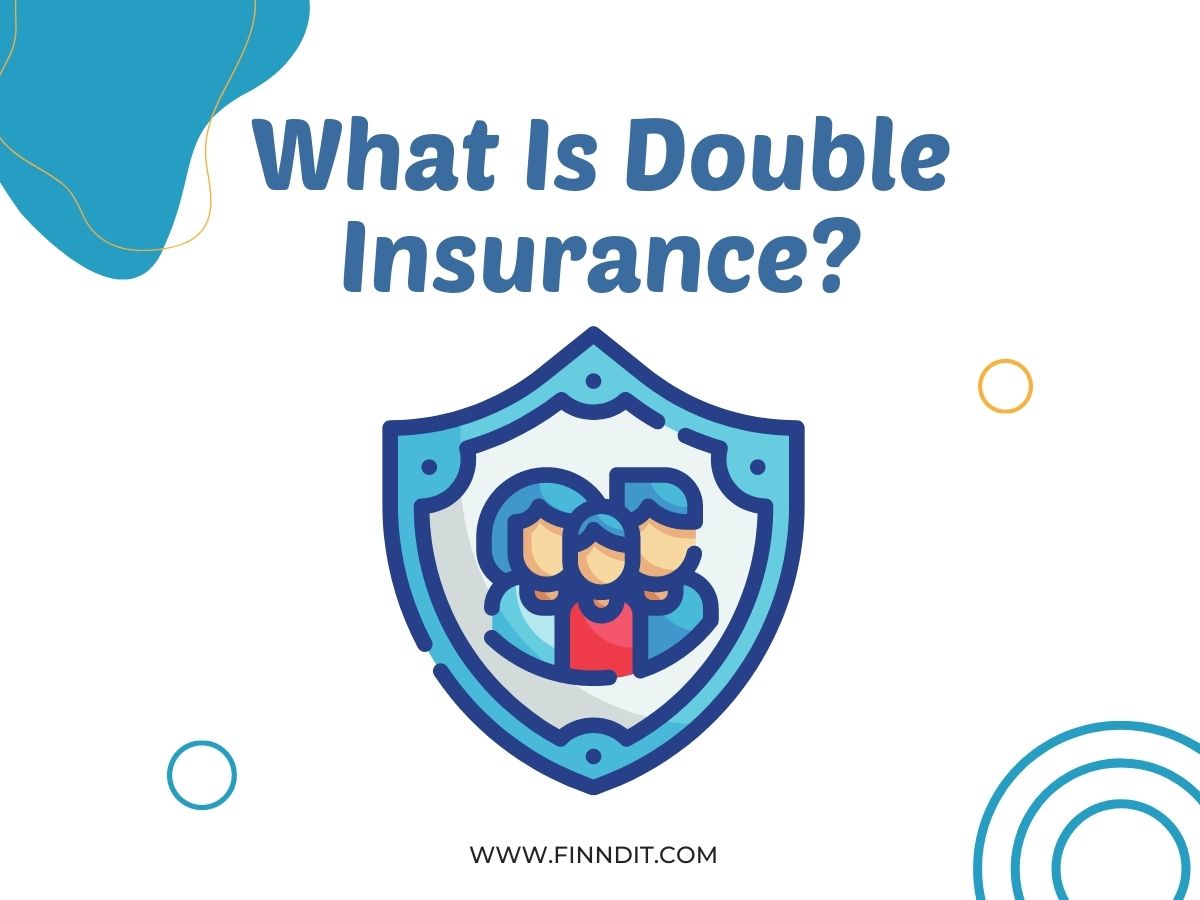What Is Double Insurance?

Double insurance refers to situations in which the same subject is covered twice or more. In some instances, the same subject is insured by many insurance firms.
Double insurance is not prohibited in any way. When a firm purchases insurance for the same risk and subject matter from two different insurers, this is known as double insurance. This article will examine the occurrence of duplicate insurance and its real-world ramifications for businesses.
Essential Points
1. Double insurance isn't a major issue; nonetheless, it might lead to insurance firms fighting whether they have a payout, creating an unanticipated delay in processing claims.
2. Double insurance should not be seen in terms of coverage layers. Layering is the placement of insurance policies with various insurance firms to protect against varying degrees of exposure.
3. The first losses are covered by one insurance company up to the specified level; over that limit, another insurance company will pay up to the maximum stated in its policy, and so on.
4. The first layer is commonly referred to as the main, while the second layer is excess. There is no duplication or overlap insurance in such cases, as the excess insurer is not required to provide coverage until the maximum of the underlying policy has been paid in full.
Double insurance = Indemnity + insurance?
When contractual indemnities are offered about the risk that the insurance company may also encompass, the firm must be cautious.
In some instances, indemnification is intended to be utilized first, followed by insurance.
For instance, in the case of directors' and officers' liability insurance, the organization is frequently required to indemnify the directors and seek payment under the insurance policy.
In other circumstances, though, indemnification may be an alternative to insurance. In these situations, ensure that the indemnity is not subject to 'other insurance' regulations and that indemnity arrangements do not provide insurers the opportunity to claim that they are entitled to a payment from the indemnifier.
Clauses about Double Insurance
Escape clause:
The escape clause permits insurers to deny a claim if they discover that the insured has another insurance that provides the same benefits.
Notification clause:
The notification provision requires the insurer to notify the insurer in advance of the availability of alternative insurance; otherwise, the policy would be voided.
Excess clause:
The excess clause refers to the payment of the real claim amount after deducting the claim amount that the insured has previously received from another insurer.
Rateable clause:
This provision prohibits insurers from paying the full amount of a claim to the insured in the event of double coverage.
Conclusion
If an insured has dual coverage, it may be courting insurance issues from a practical standpoint. There may also be delays before the payment of a claim if the insurance firms disagree about whether the policy applies.
In addition to interest, the insured will be paid for any losses incurred due to the delay. In most circumstances, corporations may not pursue policies that overlap. So that the insurance coverage is obvious and any claims filed under the insurance policy may be settled as quickly as possible, this is necessary.
There are lot of insurance companies in the market offering various insurance policies at different rates. you must compare before buying an insurance policy. search on finndit.com and get the details of insurance policy providers near you.
View Also -
What Is The Subject Matter In Insurance?
